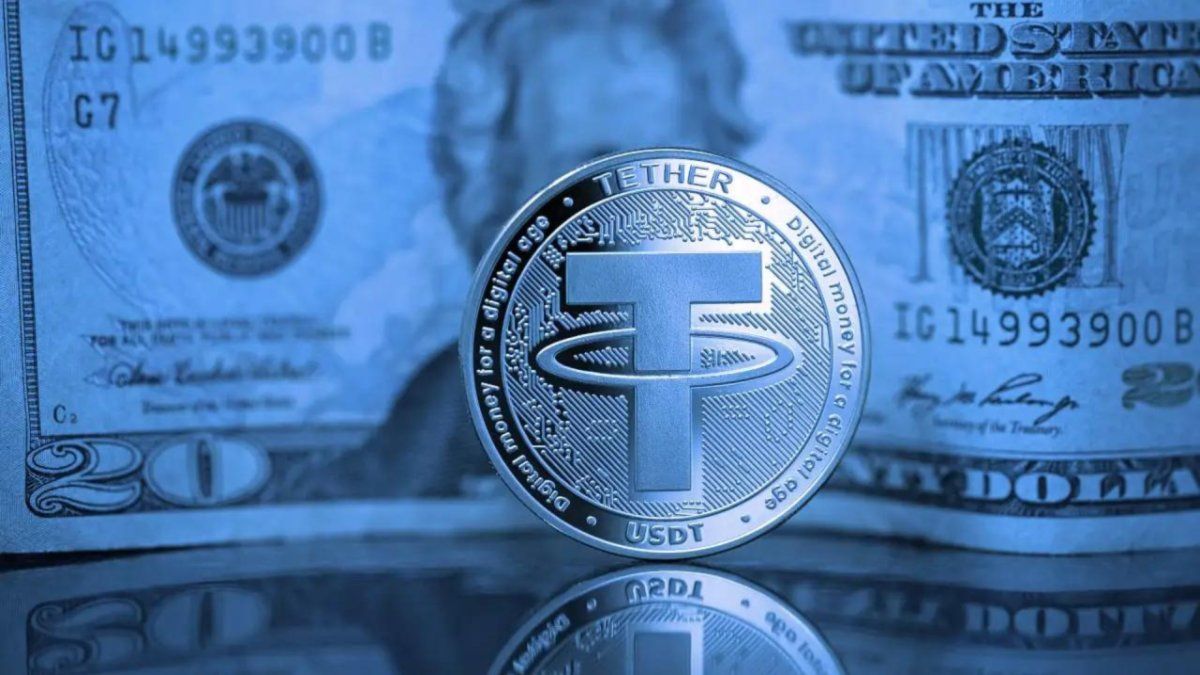High inflation has placed a heavy burden on consumers this year. Will you soon be able to afford more for your money again? The Ifo Institute gives hope.
The economic research institute Ifo sees decreasing price pressure in Germany. The inflation rate is likely to rise temporarily to around 4 percent in December, said Ifo economics chief Timo Wollmershäuser, according to the announcement. Above all, there is a base effect here. Last year, gas prices fell sharply in the consumer price index because the state covered the costs for the December discount. “But at the beginning of next year the inflation rate will fall to below 3 percent,” predicted the expert.
The consumer price data for November will be available on Wednesday. The Federal Statistical Office will publish the index at 2 p.m., with experts expecting a decline in the annual inflation rate from 3.8 to 3.5 percent. There are already figures for individual federal states.
According to an Ifo survey, slightly more companies want to increase their prices. The pricing plans index rose to 18 in November from 15.4 points in October. According to the experts, this is primarily due to company-related service providers and wholesalers. The balance there rose from 21.5 to 28.3 points.
In the consumer-related sectors, however, price expectations continued to fall: in food retail the balance fell from 40.7 to 34.2 points, in other retail from 28.2 to 27.7 points and in consumer-related service providers from 29.3 to 29.3 25.5 points.
Real wages increased
Employees in Germany benefited from strong salary increases in the third quarter amid weaker inflation. Real wages rose for the second time in a row, as the Federal Statistical Office in Wiesbaden announced. The increase in nominal wages of 6.3 percent exceeded the increase in consumer prices of 5.7 percent in the third quarter. This resulted in a real wage increase of 0.6 percent compared to the same quarter of the previous year. The first slight increase in two years was recorded in the second quarter.
According to statisticians, the increased minimum wage and the inflation compensation bonus agreed in many companies also contributed to the strong increase in real wages. This service can be exempt from taxes and duties up to an amount of 3,000 euros.
The strongest nominal wage increase of 10.3 percent among full-time employees was recorded by the fifth with the lowest earnings. Part-time employees also achieved an above-average increase of 7.7 percent in the third quarter compared to the same quarter of the previous year.
Source: Stern




